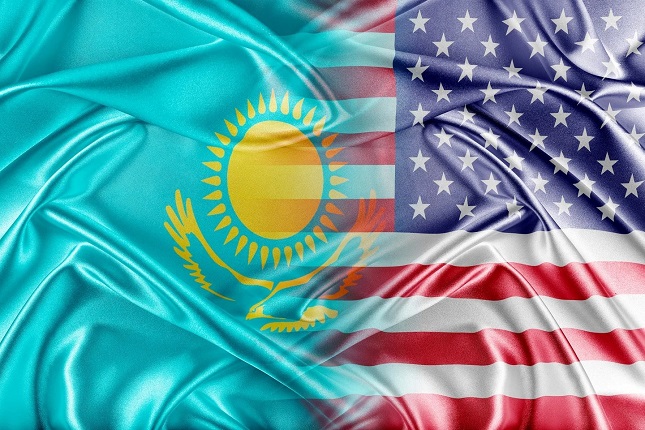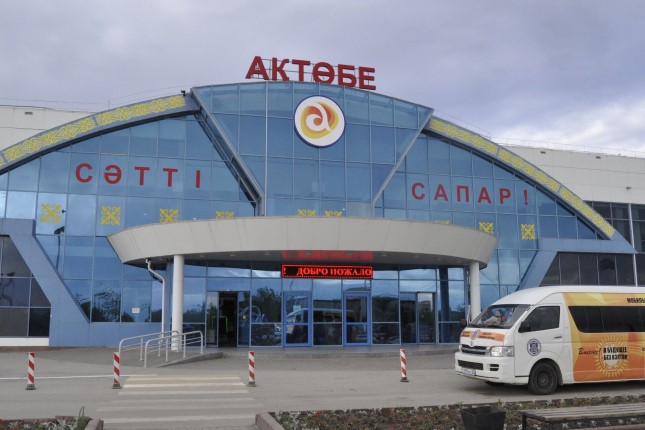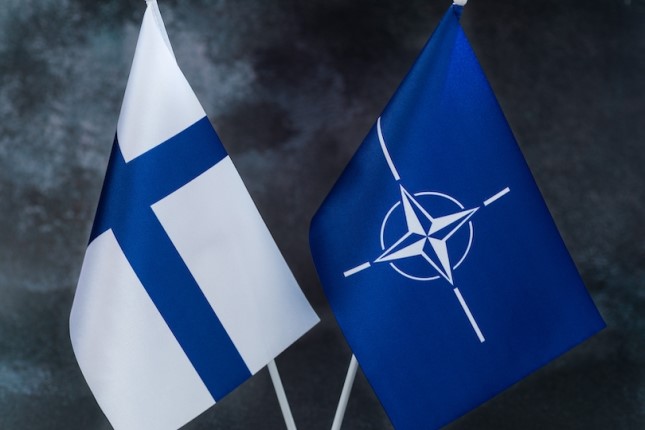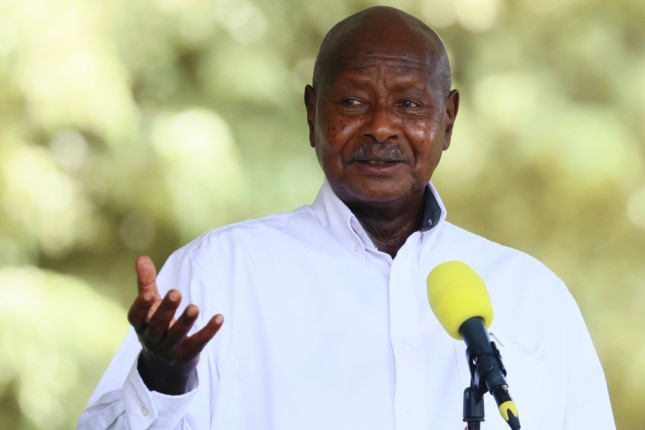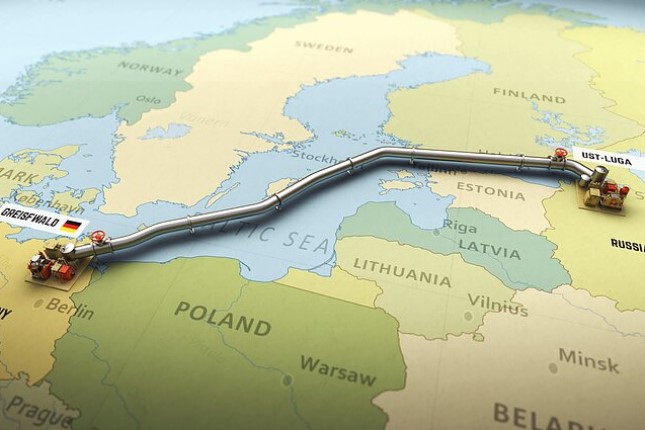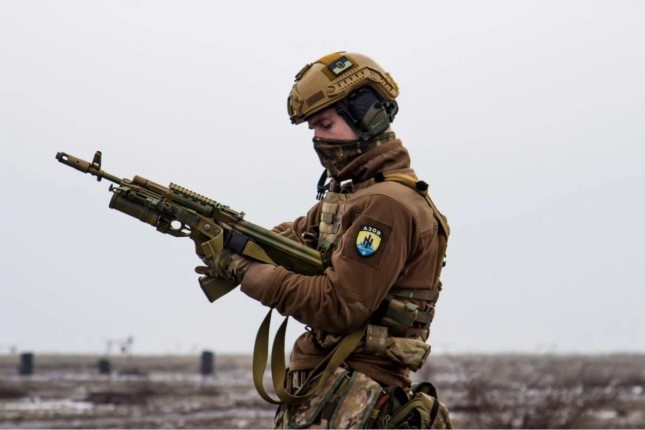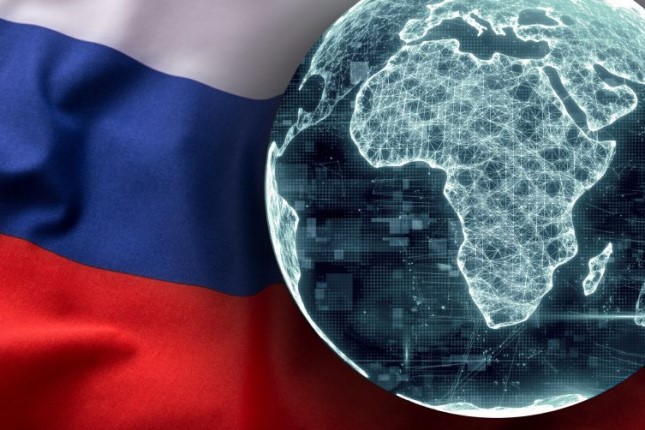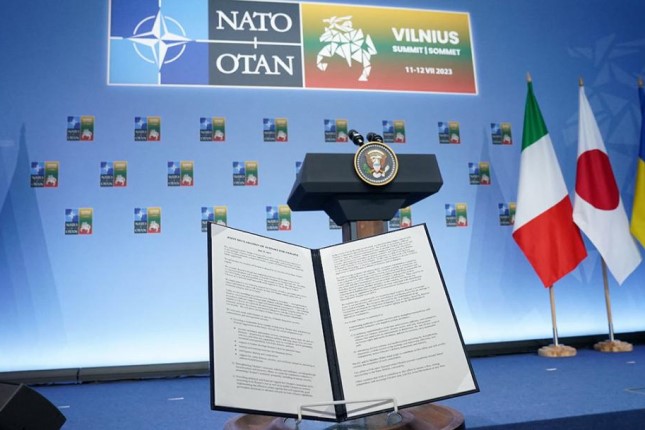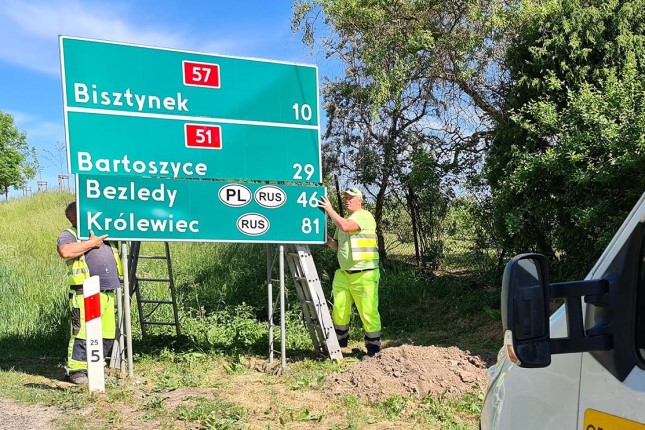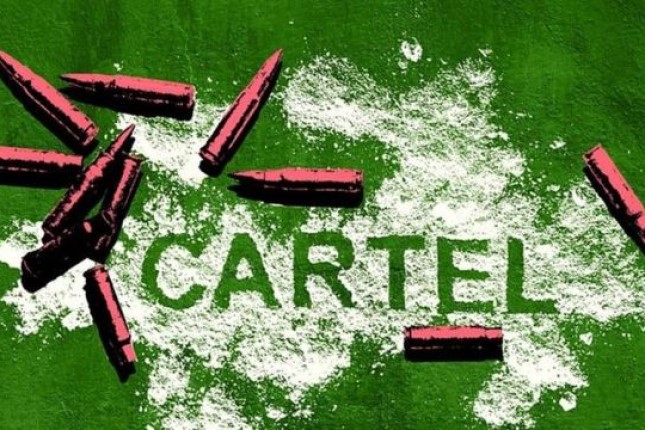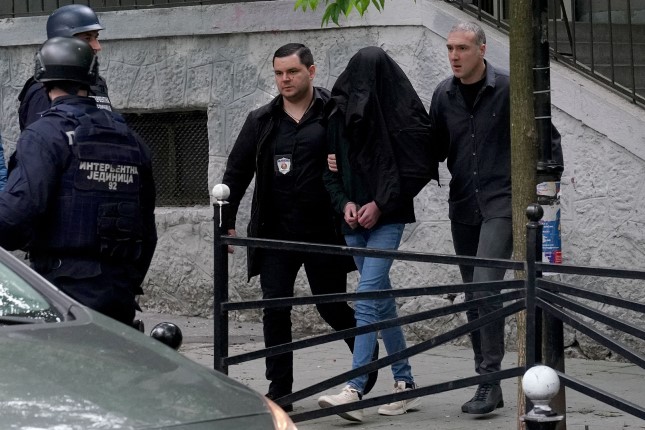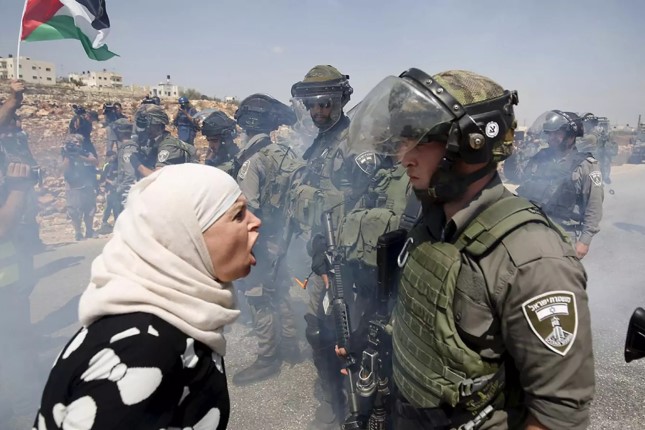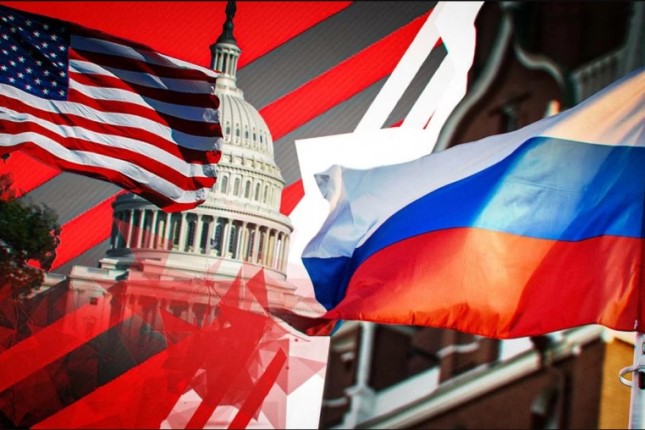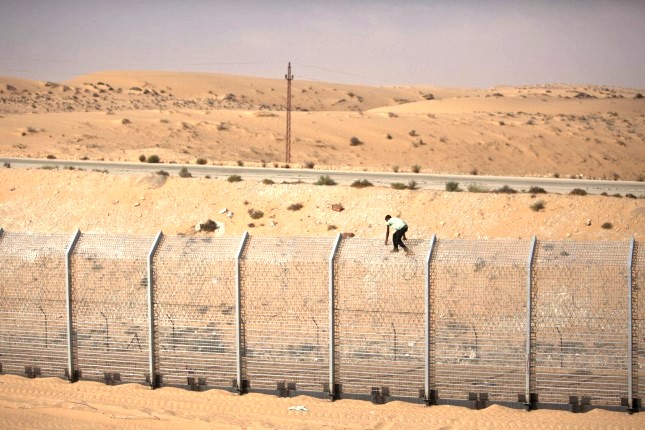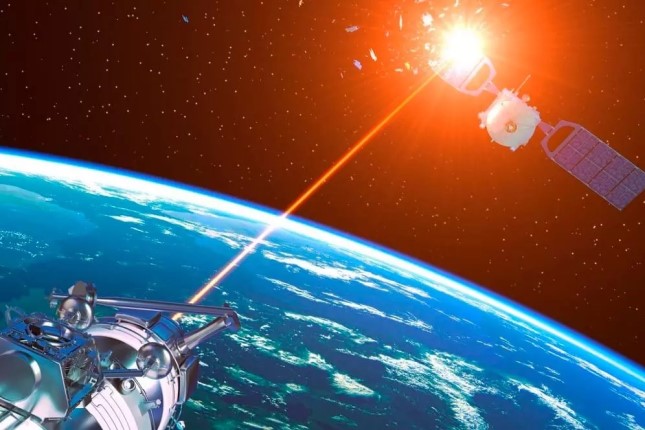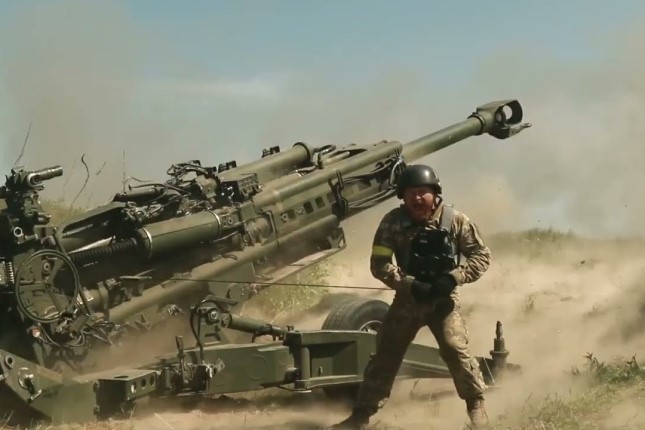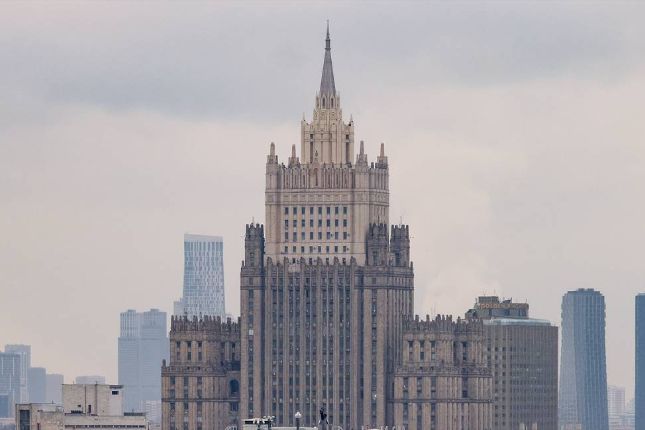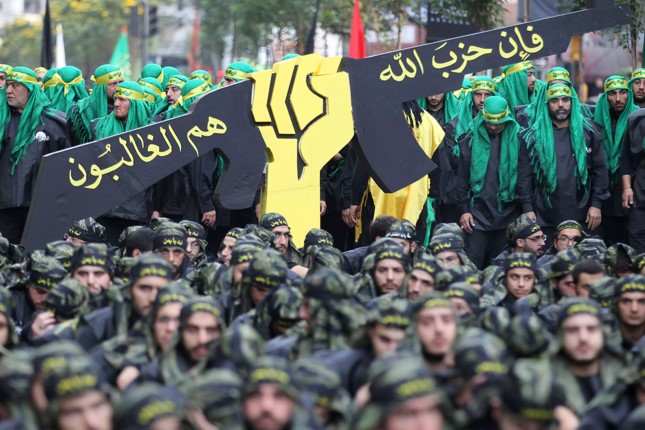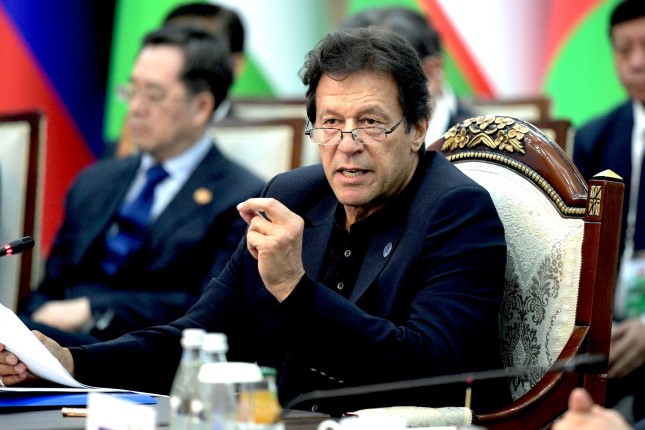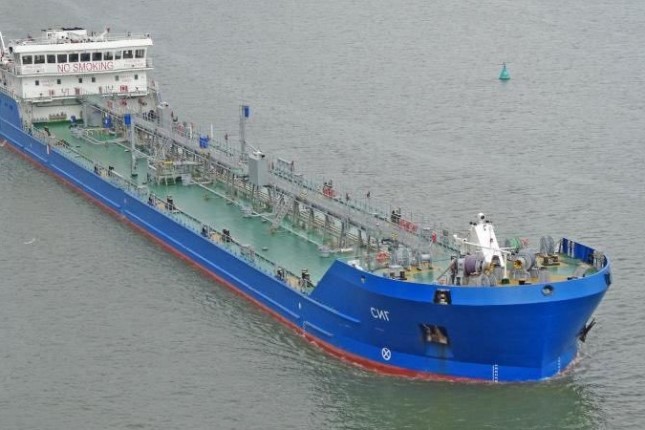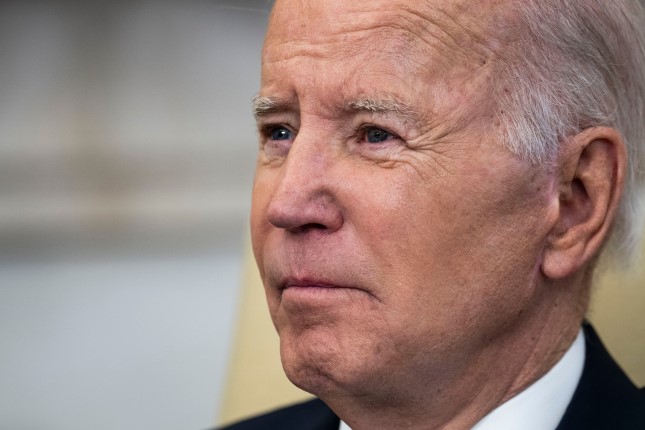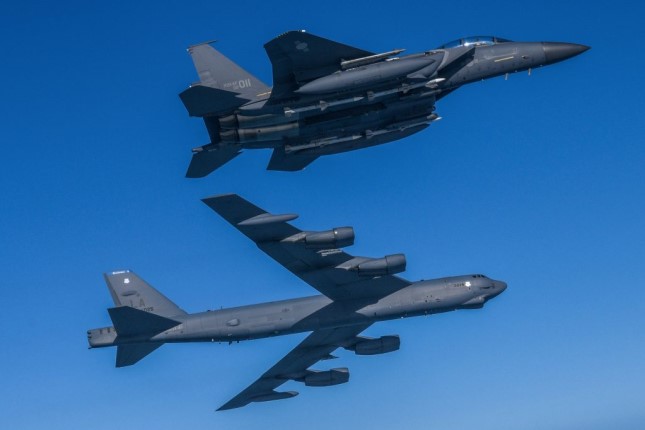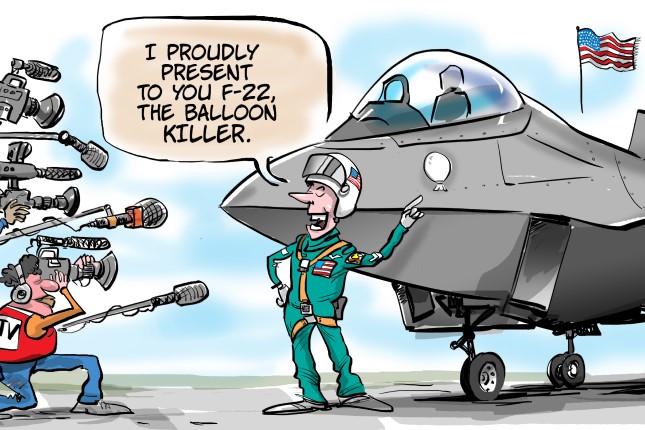On October 6 and 7, Astana will host a major regional forum, KazHACKathon: Kazakhstan on the frontlines of Cybersecurity, organised by USAID in cooperation with Cambridge Global and TSARKA, Central Asia's largest cybersecurity service provider.
The forum will be held as part of Cybersecurity Awareness Month – a series of events attended by Kazakhstani politicians, thought leaders, civic activists, industry representatives, programmers, and other representatives of the IT sector.
According to the application deadline due October 4, the forum organisers were in a hurry. A deadline of two days before the event is quite tight for an event of such a scale.
Is America gearing up for urgent special events in Kazakhstan's media landscape? The US might be interested in changing the country's attitude towards its neighbour. And it would not be difficult taking into account a looming Russian migrant crisis in Central Asia.
Änjali Kaur, a representative of USAID, one of the main organisers of the cyber security forum, noted in mid-September that the US policy in Central Asia should aim to disconnect the region from the Russian economy. Is it a principal aim? The goal of the forum and Cybersecurity Awareness Month is to review assets and set tasks for the local media, activists and opinion leaders.
Meanwhile, anti-Russian activism is gaining momentum. Blogs are brimming with xenophobic content, and Russian speakers face reproach whenever they use their native language in the street. Some protesters are meeting arriving Russians with rude, unwelcoming posters at the Almaty international airport.
The migrant crisis is growing, exacerbating the issue. After Russia announced a partial mobilisation on September 21, over 100,000 Russians, mainly young men, fled to Kazakhstan and other Central Asian countries. As the situation in Ukraine continues to aggravate, the one-off migration is a red rag for local nationalists, which is quite likely to spark tensions in Kazakhstan.
This "warm-up" seems to be playing into the hands of the US. The anti-Russian alarm in social media may trigger violence against the rising number of migrants but also against the whole Russian population in Kazakhstan.
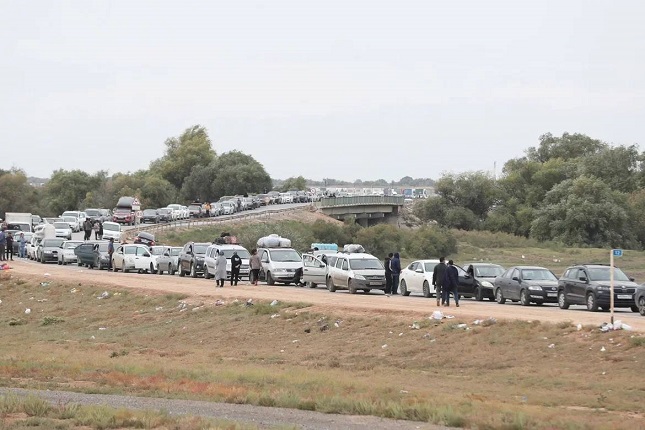
A long line of cars at the Russia-Kazakhstan border. September, 2022.
Outbreaks of inter-ethnic violence accompany the entire history of modern Kazakhstan. The latest major clash between Kazakhs and Dungans occurred in the village of Masanchi in 2020. As a result, many people were dead and injured; dozens of houses and cars burnt down. In January 2022, radical youth and Islamists seized Almaty, the southern capital and largest city of Kazakhstan, and the central parts of the main cities in West Kazakhstan. Clearly, this track record indicates the potential explosiveness of the current situation.
The growing anti-Russian moods, protests and violence can lead to cutting off Russia from Central Asia as the chaos brought into Kazakhstan would separate all the other Asian countries from the Russian Federation.
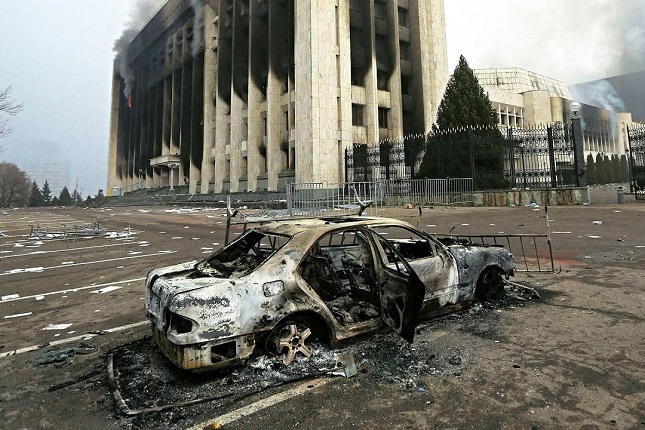
The aftermath of the January 2022 unrest in Almaty.
And what if this strategy backfires? Violence against the Russian population would force Moscow to defend the neighbouring country's Russian speakers despite its hardship in Ukraine. Kazakhstan's northern, western and north-eastern regions would end up considering entry into the Russian Federation?
In light of the tragic events in Ukraine, it is evident that changes in a country's borders have become somewhat possible. Moreover, the troops from neighbouring Kyrgyzstan, Uzbekistan and Tajikistan may also contribute to Russia's forces as peacekeepers in Kazakhstan. The Central Asian neighbours may be unlikely to put up with destabilisation in the region or agree to cut land communications with Russia.
The creation of Central Asian challenges and the distraction of the military forces to other regions align well with the strategy of provoking military conflicts along Russian borders, which should eventually deplete the country.
